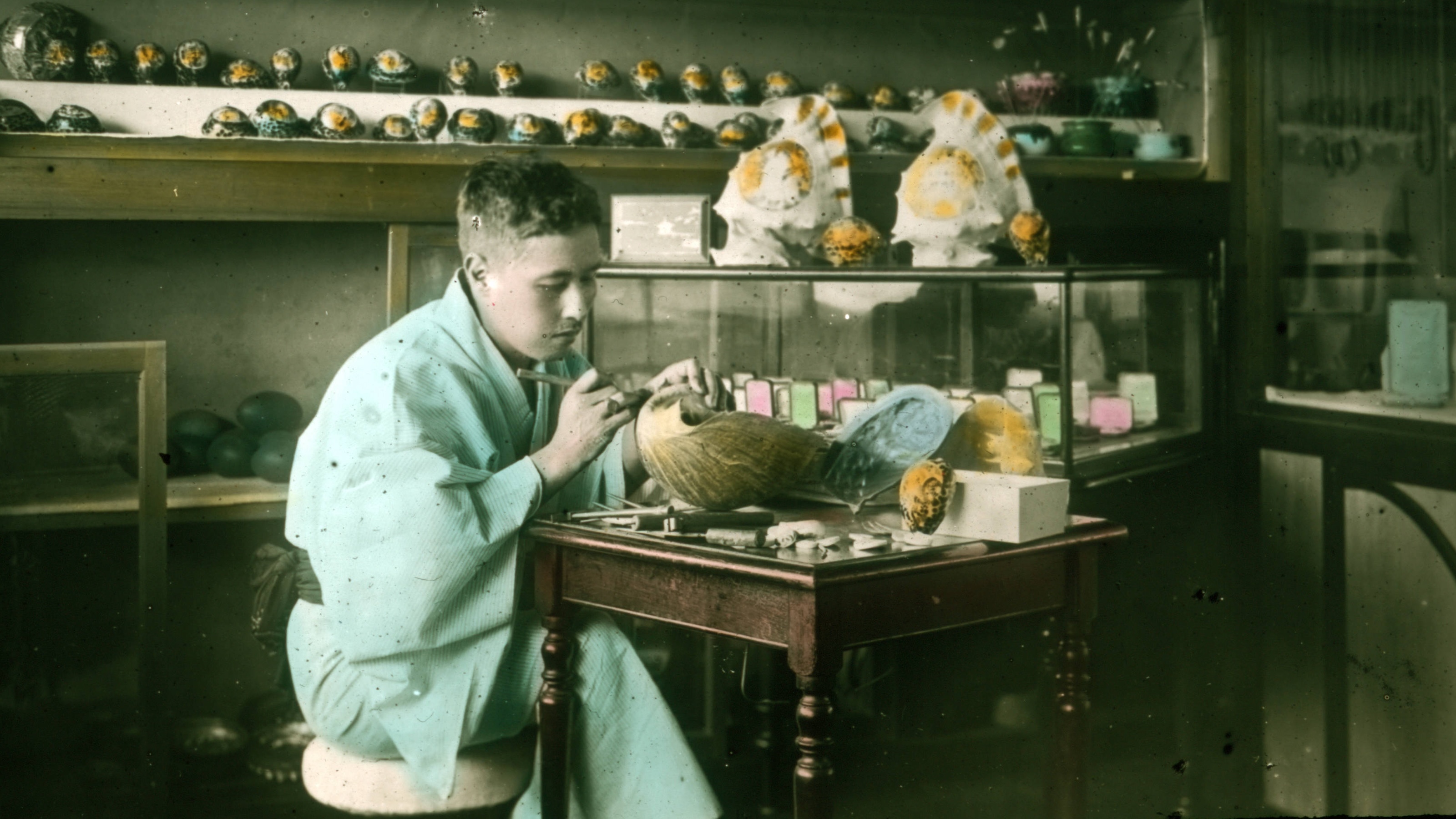Dancing with the Stars in Afghanistan

What’s the Big Idea?
The U.S. involvement in Afghanistan has dragged on for over a decade now, making it the longest war in U.S. history, and one of the costliest. However, it should be some measure of consolation to know just how much has changed since the Taliban were removed from power. Under that regime, all musical performances were banned from TV, along with cricket matches and independent news.
“Everything you take for granted in the West”—electricity, computers and people who know how to use them, transmitters, announcers trained in speaking into a microphone, a music library, transportation, security—“we had to supply ourselves,” remembers Afghan media entrepreneur Saad Mohseni. And yet, Mohseni says the Taliban period was more of an aberration in the history of the country, rather than the norm. “I grew up listening to women on the radio,” he says. “I don’t think it was alien.”
And if you turn on a TV in Afghanistan today, it’s back to normal. Well, actually the country more closely resembles the U.S. in the 1950s, says Mohseni. “It’s the thing to do to have dinner, watch television, discuss the programs and then go to sleep.”
And what do they watch? Mohseni’s company Moby Group owns Tolo TV, the most popular channel in Afghanistan. The channel’s most popular show is called Afghan Star, the Afgani version of the U.S. hit “American Idol.”
Watch the video here:
What’s the Significance?
Consider the impact that Elvis’s hips had on American cultural mores in the 1950s. Mohseni says that’s where Afghanistan culture is today. Yet due to media and technology, the rate of change is greatly accelerated, meaning “Afghanistan will resemble the western world vis-à-vis media probably in the next five to ten years.” So what was achieved in the West over a 50 or 60 year period “we’ll see happen in Afghanistan over a very short period of time, Mohseni predicts. That means significant cultural progress in perhaps 10 years.
Of course, there has been push-back.
Mohseni has been denounced as “un-Islamic” by fundamentalists for allowing women to appear alongside men on his radio and TV networks, for showing Indian soap operas featuring unveiled women, and for allowing women to compete with men on “Afghan Star.” Ity doesn’t end there. Mohseni has been threatened with arrest for his 24-hour news channel’s aggressive reporting on government corruption and election fraud. His staunch opposition to the Taliban and strongly pro-American views have even led some to accuse him of being an American agent.
And yet, this criticism is really a sign that Mohseni is winning the culture war. In the past, a few daring citizens might have access to shortwave radios. Everyone else had one option, the state-run radio station Voice of Sharia. Now Afghanis have access to a wide range of media choices and nightly TV viewing has become a normalized cultural behavior.
Megan Erickson contributed to this article.
Follow Daniel Honan on Twitter @Daniel Honan





